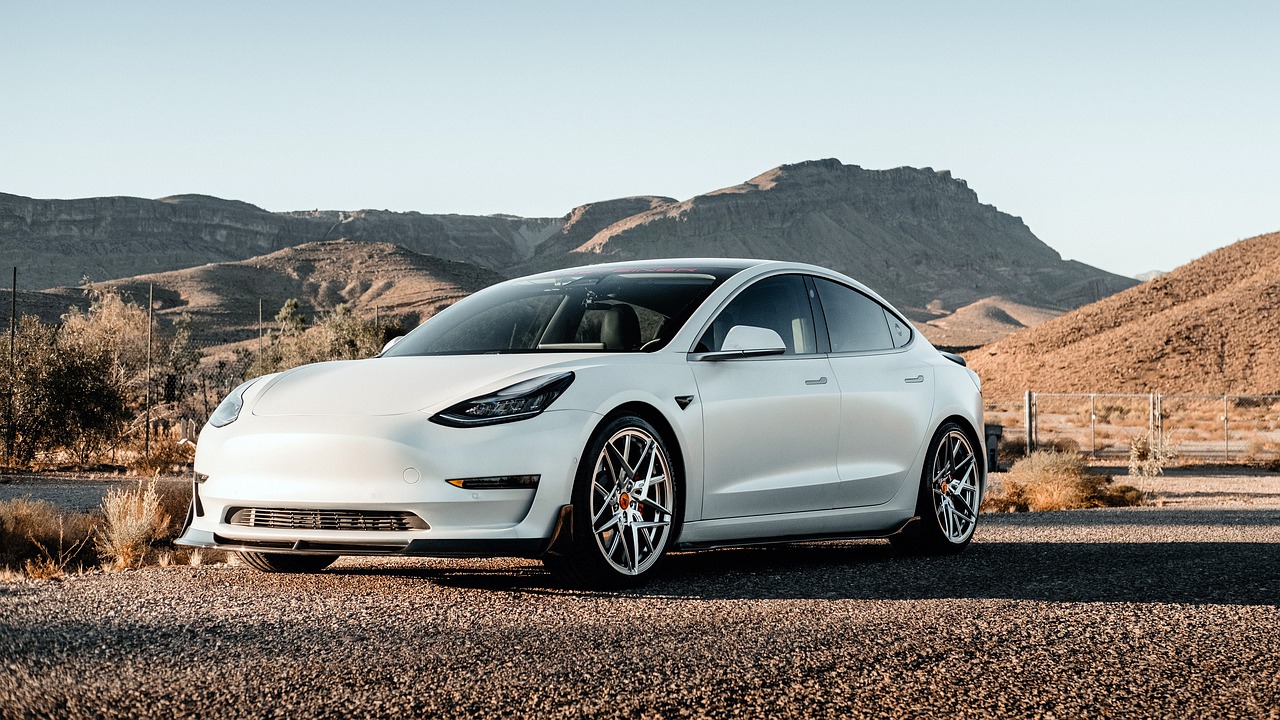Driving an electric car is a great alternative to gas-powered cars. These vehicles can help you save on gas costs and are part of a growing movement towards environmental responsibility. Driving an EV doesn’t have to mean that you have to sacrifice performance, fun, or comfort, and many models are as comfortable as combustion vehicles. The benefits of electric cars outweigh the cons, so make the switch today. For more information, read on. This article provides an overview of electric car benefits and disadvantages.
benefits of electric cars
When it comes to running on electricity alone, electric cars offer several benefits. They reduce your carbon footprint, reduce fuel-related emissions, and save you money on gas. Although electric car charging stations are popping up all over the country, they are not always accessible. Unlike gasoline-powered cars, electric vehicles only use gasoline when they run out of power. The advantages of electric cars are numerous and can include a lower cost of running and a lower maintenance cost.
Compared to gas-powered vehicles, electric cars are quieter and require less maintenance. They also have better performance and less noise than conventional vehicles. They also emit near-zero emissions, which improves your driving experience. Some models even lack exhaust systems, which further contributes to their quiet and eco-friendly nature. Electric vehicles can be used anywhere in the country, including in rural areas. But electric cars aren’t perfect. While they can be pricey, they have many advantages, including short ranges, a reduced maintenance cost, and no emissions tests.
disadvantages of electric cars
One of the most noticeable advantages of an electric car is its quietness. Electric cars are nearly silent, so pedestrians won’t be able to hear them approaching. In addition, some EV models are only available in select states. However, the Chevrolet Bolt EV is available nationwide. Other disadvantages of electric cars include the need to qualify for alternative minimum tax in some states. But, even these drawbacks aren’t enough to keep many consumers from buying an electric car.
Electric cars have fewer mechanical components than gasoline cars. This means that they require far less maintenance than gas-powered cars. There is no need to change oil or gears. Electric vehicles are also much quieter than conventional cars, resulting in less noise pollution. Some newer electric vehicles even have voice-activated systems for convenience. But if you want to avoid these drawbacks, you’d better consider switching to an electric car.
why electric cars are good for the environment
The environmental benefits of driving an electric car far outweigh any disadvantages. Batteries and the production of electricity are far less energy-intensive and cleaner than those of gasoline-powered vehicles. A study conducted by the EPA shows that an EV emits fewer greenhouse gases than a typical new gasoline car. Even though greenhouse gas emissions vary by region, the average electric vehicle emits far less CO2 than a new gasoline car.
In cities, EVs emit no tailpipe pollutants. However, they still release particles when braking or wearing tyres. In addition, EVs are quieter, so they won’t disturb other passengers. However, electric vehicles will increase electricity bills, but the long-term benefits are significant. These vehicles are also better for the environment than conventional vehicles. But how do electric cars work? Let’s take a closer look.
alternatives to electric cars
You may be wondering if there are any alternative fuels to electric cars. The good news is that there are several options available. These fuels are greener, cheaper, and better for the environment. Here are five options you may want to consider. The advantages of electric cars are well documented. But you may not want to switch your entire car to one. Here are a few alternatives to electric cars. You may be surprised at what you find.
While electric cars are eco-friendly, battery extraction has both social and environmental impacts. The European Commission has proposed a regulation aimed at ensuring that battery extraction does not negatively impact the environment. This regulation would include the supply of raw materials and manufacturing processes, as well as the collection of end-of-life batteries. These regulations would benefit the entire car industry worldwide. Ultimately, you should consider electric cars if you want to make the environment a priority.
charging electric cars
There are many benefits to owning an electric car. Compared to a gasoline-powered vehicle, electric cars are easy to charge and can save you a lot of money. But before you make the switch, you should educate yourself about charging. Find out how to charge your car and where to find charging stations in your area. Also, look for programs from electric utilities and download an app to find charging stations near you. You may even be able to use your credit card to pay for them.
The electric vehicle charging business faces many challenges, including coordination between grid firms and owners of charging points. In the United States, a new law will require the installation of 500,000 public charging stations by 2030. The government of Britain plans to require all new buildings to have charging stations. Charging infrastructure is also being upgraded by dedicated charging firms and carmakers. Governments could also learn from the success of telecoms. After all, they are required to build their networks according to schedule, offer universal coverage, and compete with other firms. Meanwhile, regulators set rules regarding roaming between networks.

